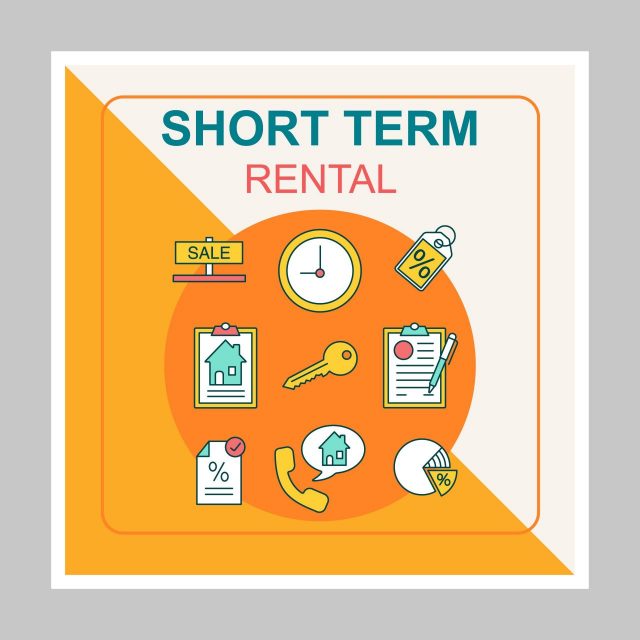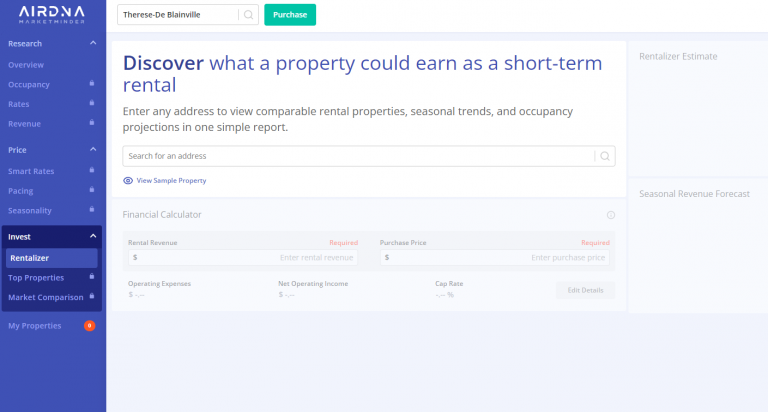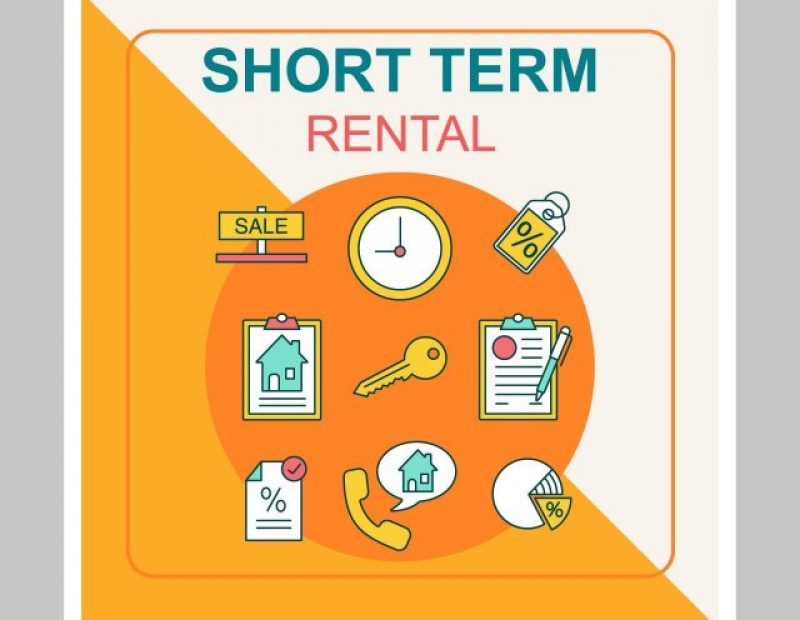Crash Course in Starting a Short Term Rental
So you want to start an STR?
Renting accommodation for short periods generates significantly more income than long-term leases. The ROI you can realize can easily be 5X over leasing the property with a long-term tenant.
The hospitality industry, to which short-term rental traditionally belongs, has been moving away from hotels to vacation homes – better known as Short Term Rentals. Airbnb and similar platforms have facilitated this move.
In this blog post, we will look at the case for a short-term rental business opportunity, and how you can start a prospering business (even without a property of your own).
What is Short-Term Rental?
As evident from the term, short-term rentals involve spaces rented out for short periods, such as a week or month instead of for a year or years. They tend to be more affordable compared to the common alternative, viz. hotel accommodation. Additionally, they also tend to be more flexible in matters such as allowing pets.
Short-term rental properties can avoid several legal requirements that hotels have to comply with. These include fire codes, safety codes and workers’ benefits. However, implementing fire and safety codes add value to the accommodation and make customers feel safer.
Short-term rentals are also known as vacation rentals. Emergence of platforms such as Airbnb, VRBO and Booking.com that allow you to list properties and reach global travelers, have served as primary customer acquisition platforms and enabled the business model to thrive.
How to Start Your own Short-Term Rental Business
If you have a spare building, or even a spare room, you can explore monetizing it by starting a short-term rental business. Actually, even if you don’t have accommodation in your own name, you can lease one (or more) properties for long-term, and leverage the difference between long and short term rental rates to earn an income.
To make it a success, you have to understand the basics which we’ll cover below.
Location, Location, Location
Answer a few questions about the location before you start. Is there a big enough demand for short-term accommodation at the location? Do you have a USP such as a beach destination, a historical district or an outdoor getaway near a ski hill? In either case you can use tools like AirDNA to research your market and see what your competitors are making, and when they’re booked.
Also check local regulations. While some cities, HOAs, and Condo Associations allow short-term rentals, there are others that do not. And check that the property falls in an area where zoning regulations allow such a business.
If your plan involves leasing property for long term and renting it out for short terms, check that long-term leases are available at low enough rates to make the operation profitable.
Develop Your Business Model
If you answer the following questions, you will have an excellent idea of how you can run the business, and whether it is likely to make some money:
- Who is going to need short-term accommodation at the proposed site?
- What is the likely volume of demand for the location?
- How many competitors are meeting this demand?
- How can you differentiate your offer from theirs?
- How can you get this differentiated offer in front of prospective accommodation-seekers?
- How will you manage the operations in a way that your guests get a great experience and provide great reviews?
- What will be the costs involved in setting up the premises to deliver a great experience?
- And what will be the recurring costs of operation such as cleaning and maintenance?
- Considering the demand and competition, what level of occupancy can you expect?
- What is a realistic level of revenue you can generate considering this occupancy and prevailing rental rates?
Don’t forget to look at applicable legal requirements and the costs of complying with them.
Business models look at all success requirements in a systematic way. For example, all businesses need to have an idea about market conditions, customer expectations regarding quality and cost, competitive situation, marketing methods and funding needs. You can take a lot of the financial guess work out of the equation by using a STR Profitability Calculator such as the Rentalizer tool (shown below) from AirDNA.
Remember this is a business. As you move forward and learn what’s working, change and grow your initial plans.
Find Your Unique Selling Point (USP)
Short-term rental market is crowded with new offers coming in almost every day. Established hospitality players and real estate companies are also entering the short-term rental market. How do you succeed in this increasingly competitive market?
The first task is to have a fully worked out business model that can provide an overview of where you stand in the market. This is a great starting point.
If you have studied your competitors, you are also likely to find some gaps in competitor offers, and some way to differentiate your offer. For example, you can differentiate by;
– Honing in on and embracing your niche
– Offering mid-stay cleaning
– Installing security and safety systems at the property
– Automating many of the incidentals, such as keyless entry systems
– Adding small touches like a welcome platter and access to Wifi that customers are likely to appreciate highly.
Next will come the task of getting your offer in front of people who are likely to be attracted by it. There are several channels you can use to do it.
List Your Property at top Vacation Rental Listing Sites
Top vacation rental listing sites include: Airbnb – an established name and industry leader VRBO – popular among travelers looking for accommodation in the US OwnerDirect – great for managers of multiple properties Kid & Coe – if you offer special facilities for kids TripAdvisor – a resource used widely by travelers Booking.com – another favorite resource of travelers and one of the Biggest OTAsUse Professional Photographs in Your Listings
Showcase your listing by including professional photos. Professional photos are not just clear photos but photos that can evoke emotions and communicate the living experience that guests can expect at your property. Most listings allow a number of photographs and you should not waste this opportunity to showcase the superior experience that you offer.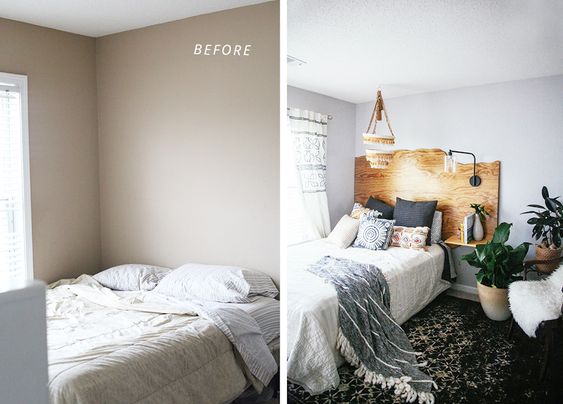
Create a Website of Your Own
Setting up a website of your own allows you to brand your offer. You can showcase all aspects of the guest experience through an unlimited number of photographs and precise descriptions, and also keep the site updated through regular blog posts that will interest your customers, such as well-written pieces about local tourist attractions. A website of your own also allows you to tap SEO, PPC and social media to reach the right audience and tell them about your offer. Finally, you can offer a direct booking facility to these prospects.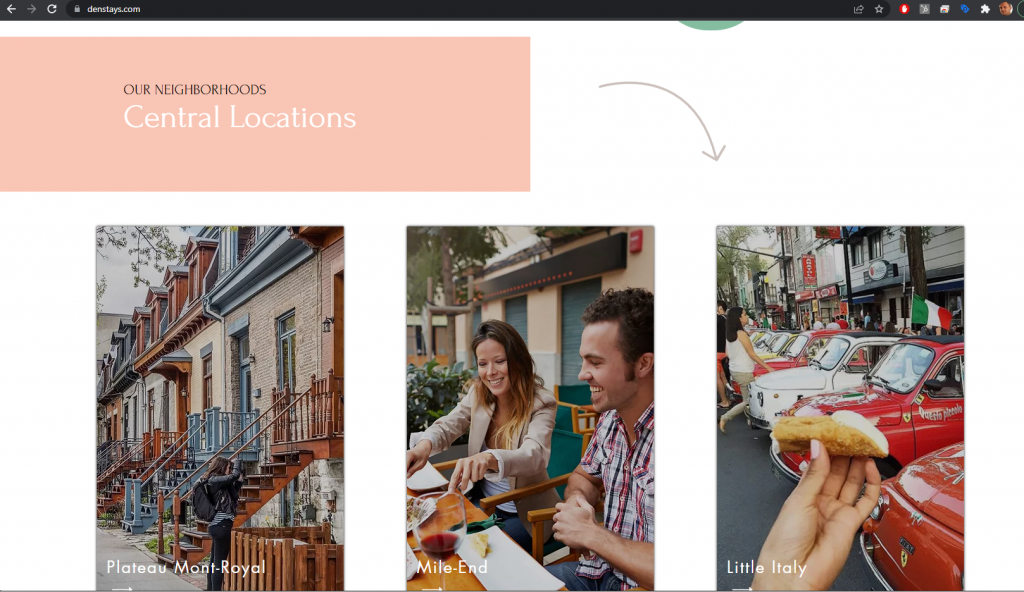
Use Social Media Effectively
Use social media not only to bring visitors to your website but also to showcase your property and the unique experience it delivers. Media like Instagram are great for videos that allow you to do it in highly effective ways.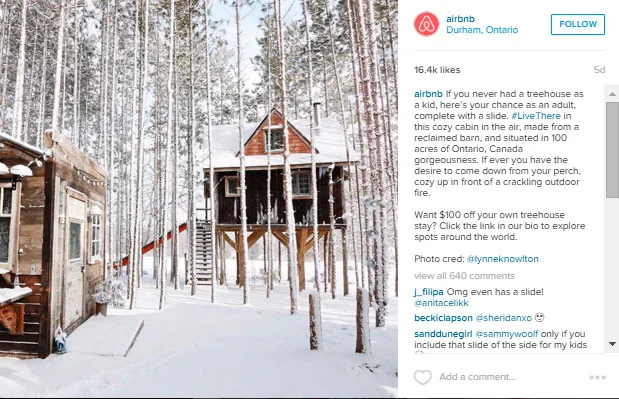
Work to Become a Superhost
Reviews are important. Rental listing sites like those listed earlier provide a way to solidify the superior guest experience you deliver. If you work at it and get great reviews from customers, these sites enable you to show Superhost and similar badges that testify to an exceptional guest experience. These badges in turn increase the bookings you get.
Credit: AirDNA
Join Short-Term Rental Groups
There are several groups on Facebook and Reddit, mostly location-specific alliances to promote rentals located in specific regions. You can also create one on your own by working with rentals in your own region. These alliances create opportunities for both business generation and also for advocacy to campaign against problems the businesses face.
Conclusion
Short-term rental can generate a good income for you if you go about the business right. As elaborated in this post, if you select the right location for the property, develop a full business model and market an attractive offer using different marketing channels, there is no reason why you can’t do it. You can do it even without a property of your own by renting the right property at low rates and letting it out for short durations at higher rates. There’s an entire industry set around property management where you can simply manage the bookings and day-to-day tasks for someone else’s Short Term Rental and charge a management fee without the upfront investment.


